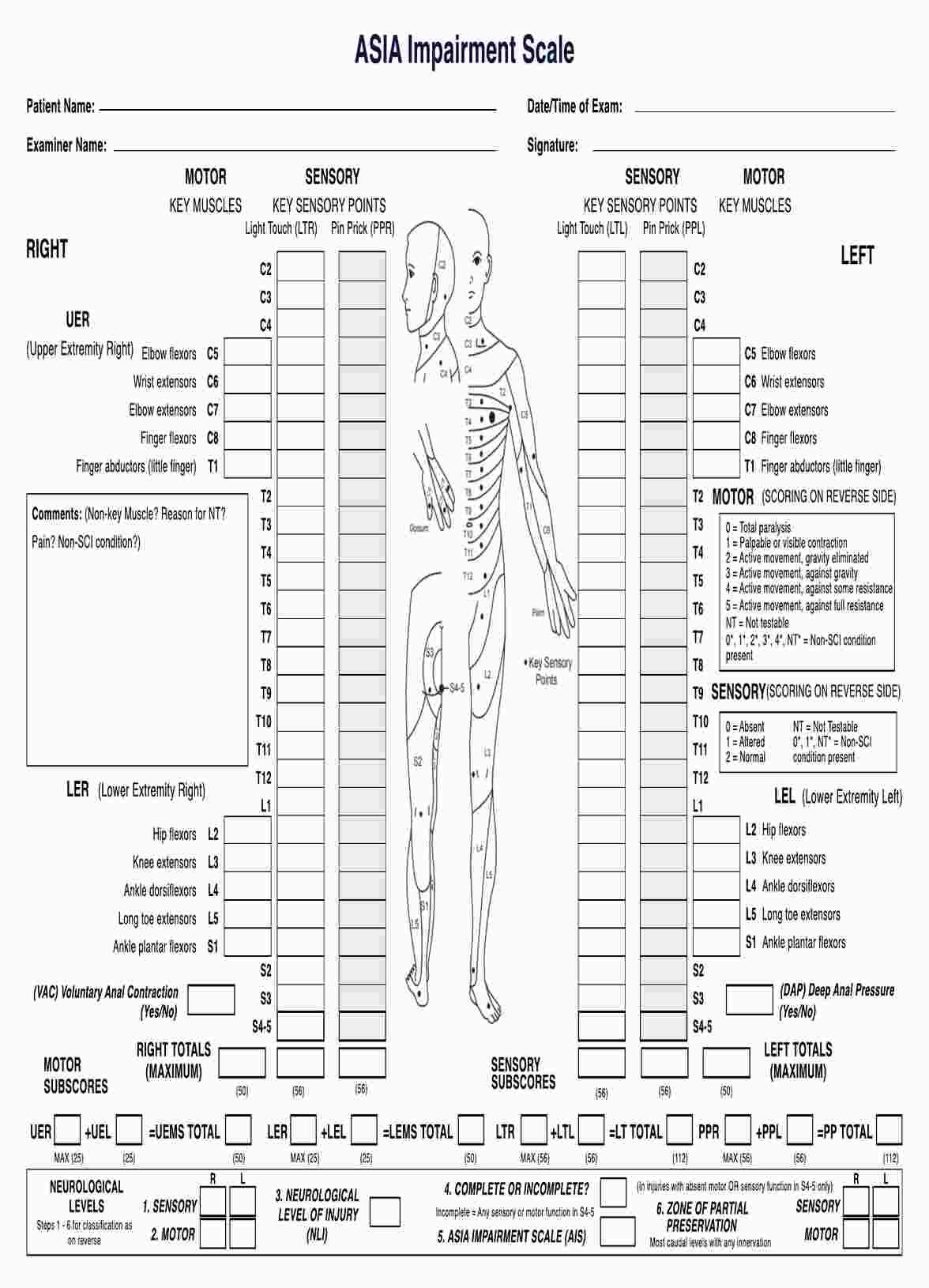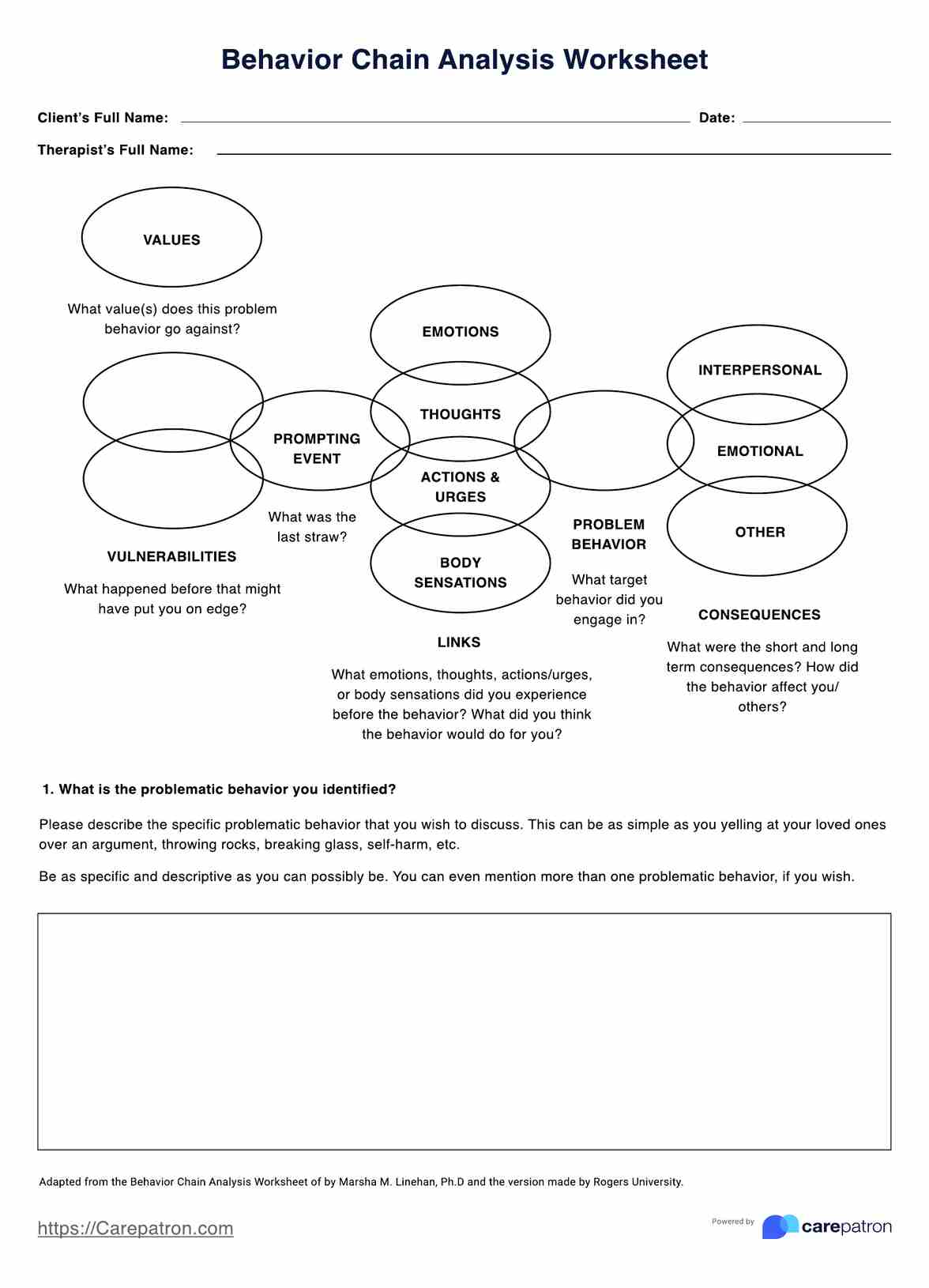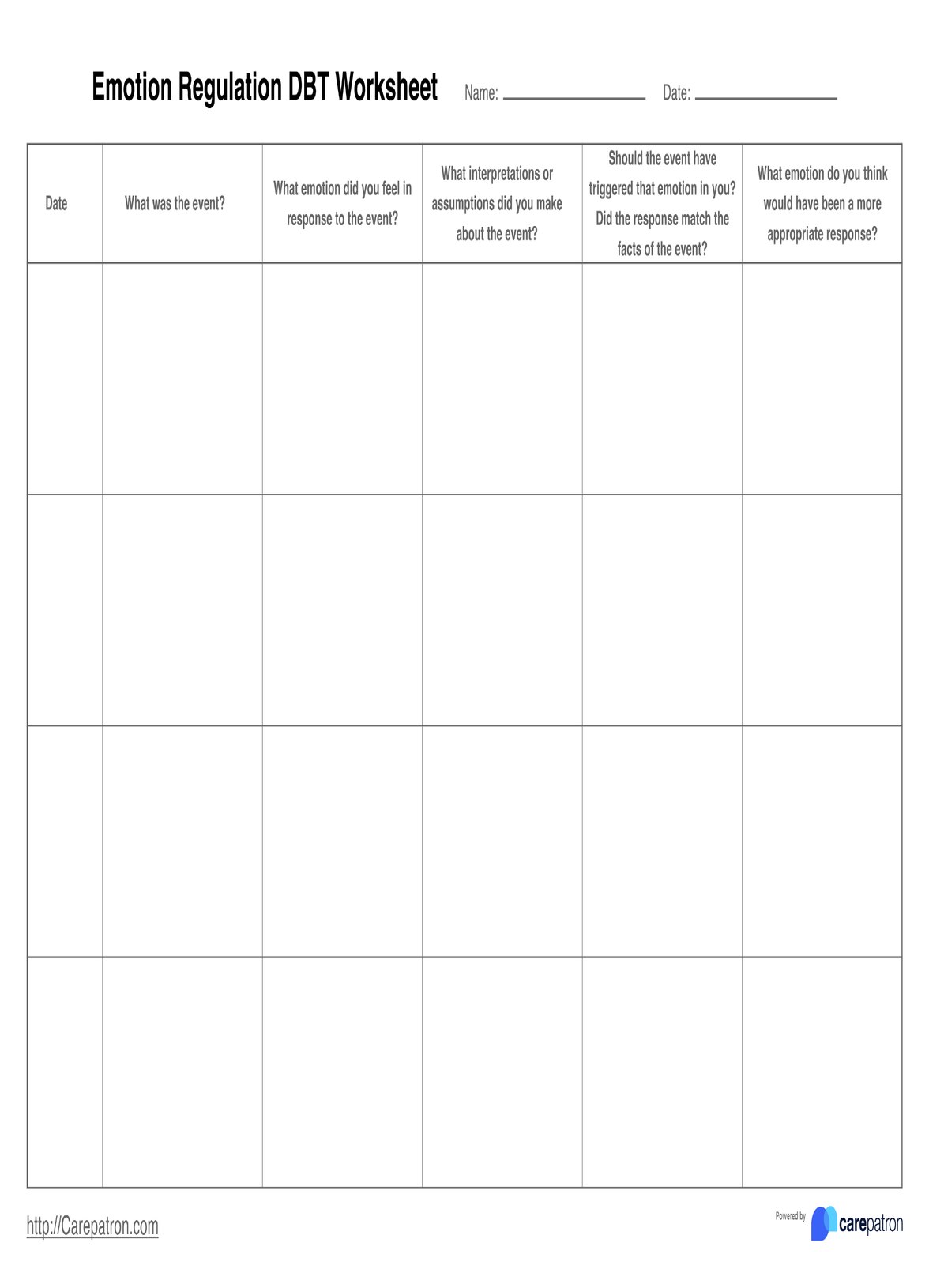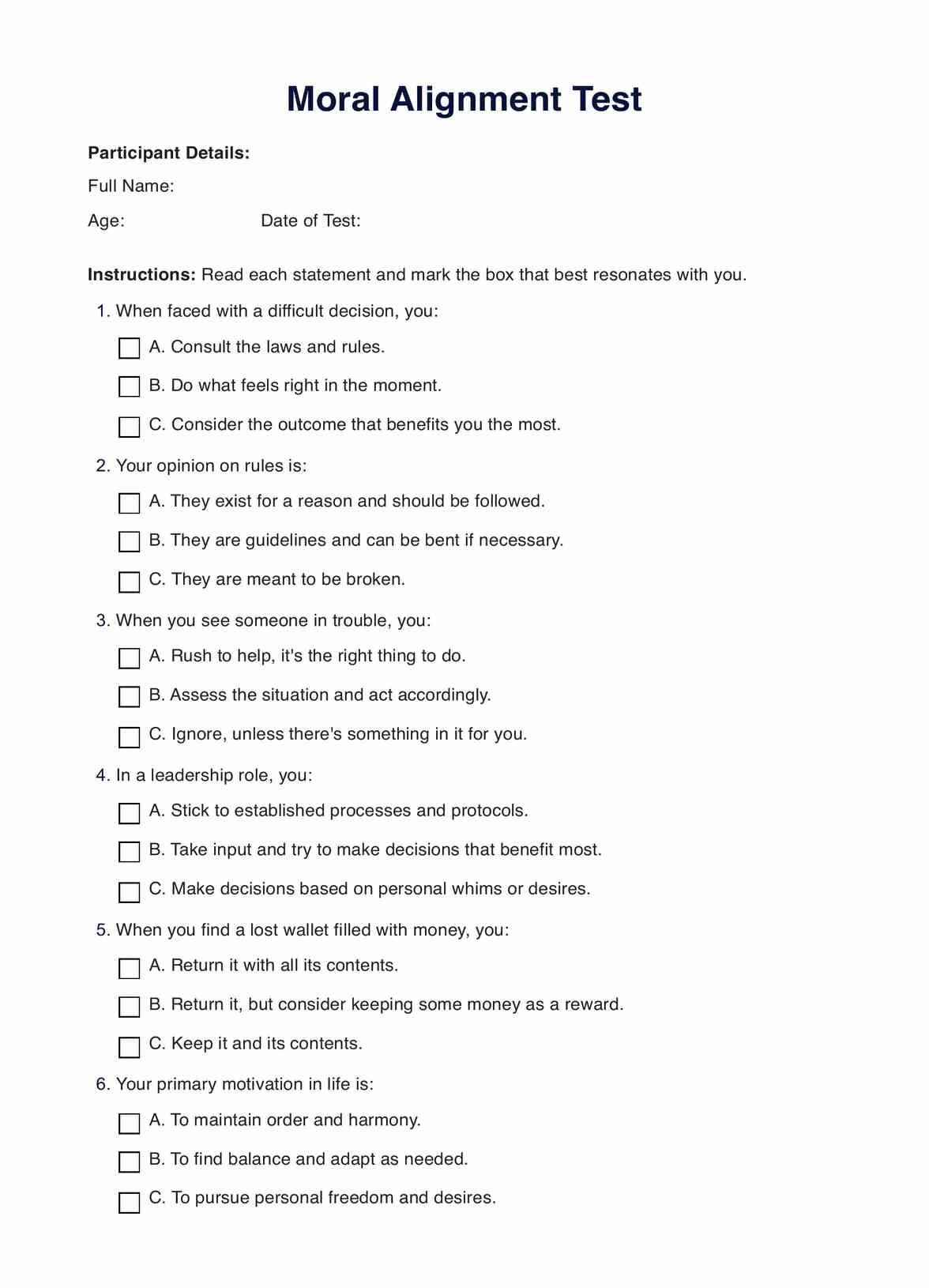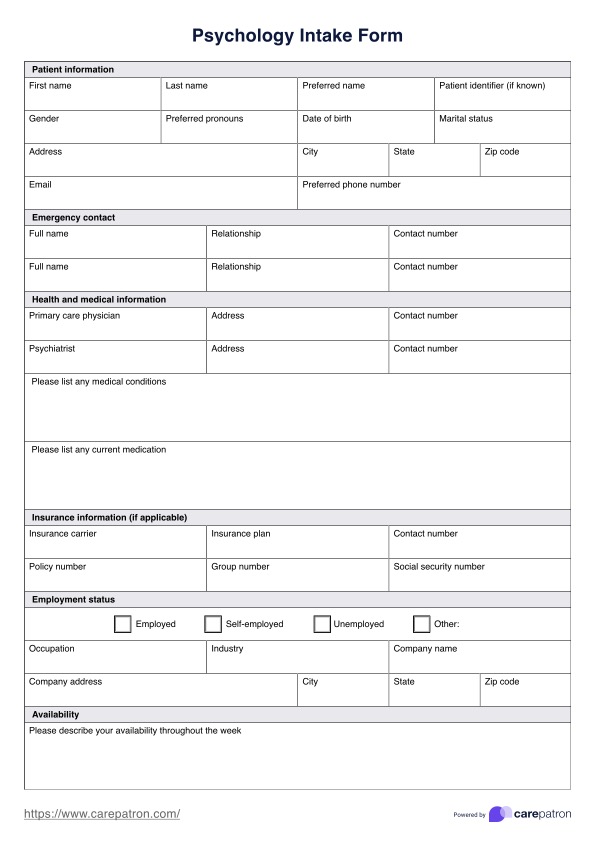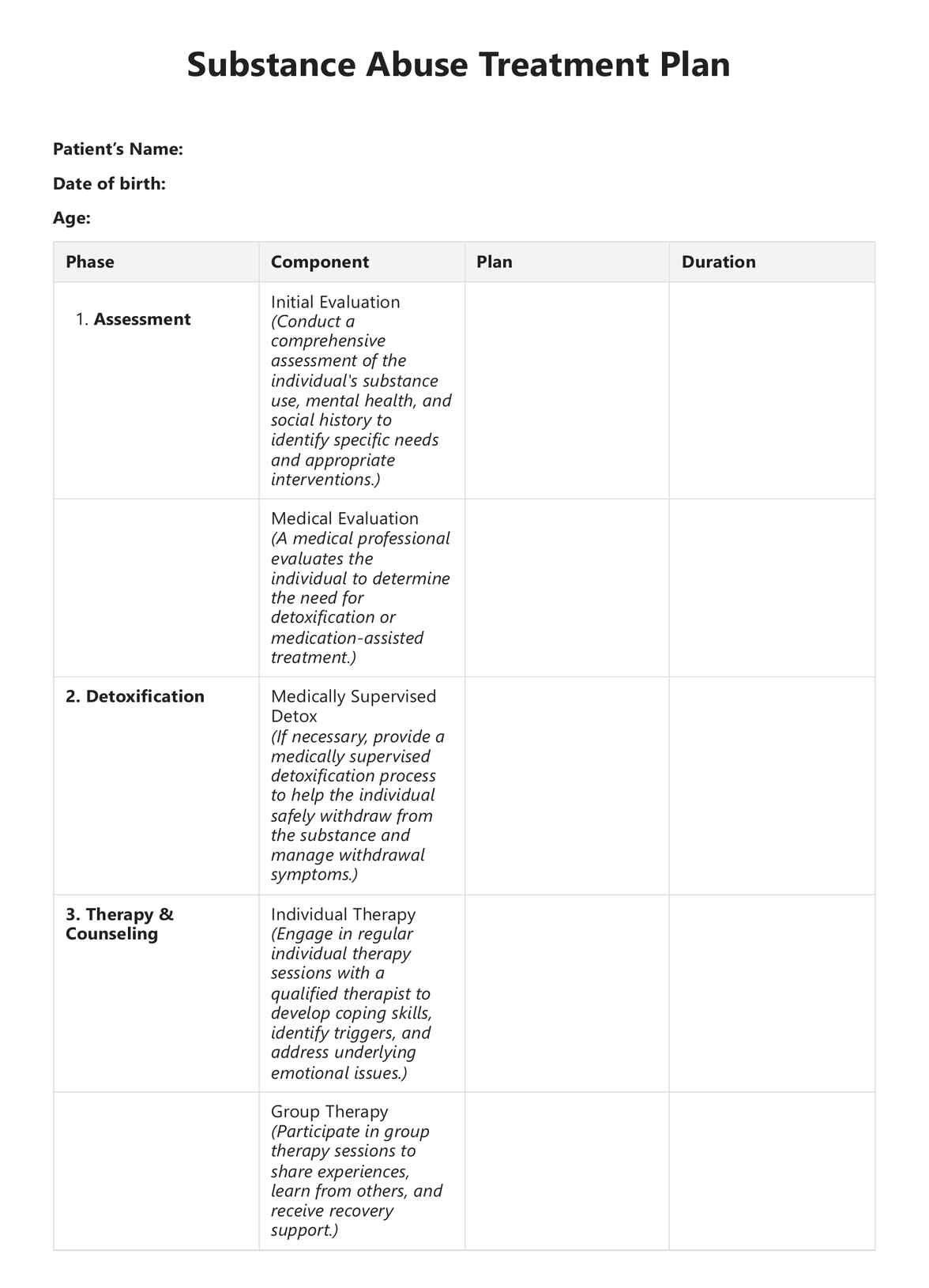Therapy Letter for Court
Explore our guide on writing Therapy Letters for Court, offering templates and insights for therapists to support clients' legal cases effectively.


What is a Therapy Letter for Court?
A therapy letter for court is a document written by a mental health professional that outlines a client's mental health status, treatment history, and progress. It may also include the therapist's professional opinions on the client's condition, recommendations for further treatment, and, in some cases, their perspective on the client's legal situation. This letter gives the court relevant psychological insights that may influence court cases and help with more informed decisions in legal proceedings.
Typically, a Therapy Letter for Court is requested by the client's attorney or the court itself to provide additional information and support in legal matters. It can be used in various types of cases, including child custody battles, criminal charges, personal injury lawsuits, or disability claims.
Therapy Letters for Court are often necessary when there is a question about a person's mental health and its impact on their ability to make decisions or participate in legal proceedings. In these situations, the letter serves as evidence that can help judges and juries better understand the individual's situation and make fair judgments.
In addition to providing insights into an individual's mental health, therapy letters for court can also serve as an opportunity for therapists to advocate for their clients and ensure that they receive appropriate and fair treatment in the legal system.
Therapy Letter for Court Template
Therapy Letter for Court Example
How does our Therapy Letter for Court template work?
Our free Therapy Letter for Court template is a helpful tool that can assist therapists in creating a comprehensive and professional document to submit in court. Here's how to use it:
Step 1: Download the template
To use the template within the Carepatron app, just click the "Use Template" button. If you prefer, you can also click the "Download" button to get a PDF version.
Step 2: Fill in the necessary information
Fill in the fields to provide essential details about your client. You can also include a brief summary of your therapeutic work with the client.
Step 3: Customize as needed
Our template also allows you to add or remove sections depending on the specific needs of your case. You can edit the content of each section as well to best reflect your therapeutic work with your client.
Step 4: Review and finalize
Once you have filled in all the necessary information and customized it to your liking, take some time to review the letter before submitting it. Make sure all details are accurate and that the overall tone is professional.
What are the benefits of having a Therapy Letter for Court?
Writing court letters can serve several important purposes and offer multiple benefits in legal contexts. Here are some of the key advantages:
Objective evidence of mental health status
A therapy letter provides objective, professional evidence of an individual's mental health status. It can offer insights into their psychological well-being, diagnoses, and the impact of any mental health issues on their behavior. This information can help the court to understand the individual's circumstances more fully.
Documentation of treatment and progress
It documents the treatment history, including the therapeutic interventions used and the progress made by the individual. This can demonstrate the individual's commitment to addressing their mental health issues, compliance with treatment recommendations, and any improvements or setbacks experienced. Such documentation can influence sentencing, custody decisions, or the court's recommendations for rehabilitation or therapy.
Professional recommendation
Therapists can provide professional recommendations regarding the individual's treatment needs, suitability for particular programs (like diversion programs or rehabilitation), and their risk or safety to themselves or others. These recommendations offer the court valuable insights into the most appropriate and effective interventions.
Support for mitigation
In criminal cases, a therapy letter can support mitigation by highlighting factors such as the role of mental health issues in the individual's behavior, their efforts to seek treatment, and any progress they have made. This can lead to more lenient sentencing or alternative sentencing options with regard to the legal outcomes that include mental health treatment.
Advocate for the client's needs
The letter can advocate for the client's needs, whether related to ongoing mental health support, accommodations, or other considerations that might aid their rehabilitation or compliance with court orders. It underscores the importance of addressing these needs for the individual's long-term recovery and well-being.
Enhance communication between legal and mental health professionals
It facilitates communication between the legal system and mental health professionals, ensuring that decisions are informed by a comprehensive understanding of the individual's mental health.
Commonly asked questions
The court can request therapists to write a letter in various legal scenarios. These may include during sentencing in criminal cases, custody battles, disability claims, or any case where the mental health of a person is a pertinent issue. It serves to inform the court about their psychological condition and treatment, potentially influencing the outcome in a way that considers the person's mental health needs.
The requests can come from the clients, attorneys, or the courts. The client's request needs to communicate clearly what information is needed and the purpose of the letter. The therapist and client should also discuss the requests to ensure mutual understanding of what will be disclosed and how it may affect the client's case and therapy. It is important to note that a therapist may deny such a request or obligate the therapist to act in a particular manner.
Yes, therapy letters can significantly impact the outcome of a case by providing the court with a deeper understanding of the individual's mental health. It can lead to more informed decisions regarding sentencing, disciplinary action, child custody arrangements, or treatment recommendations, potentially resulting in outcomes that better address the individual's rehabilitation needs and overall well-being.


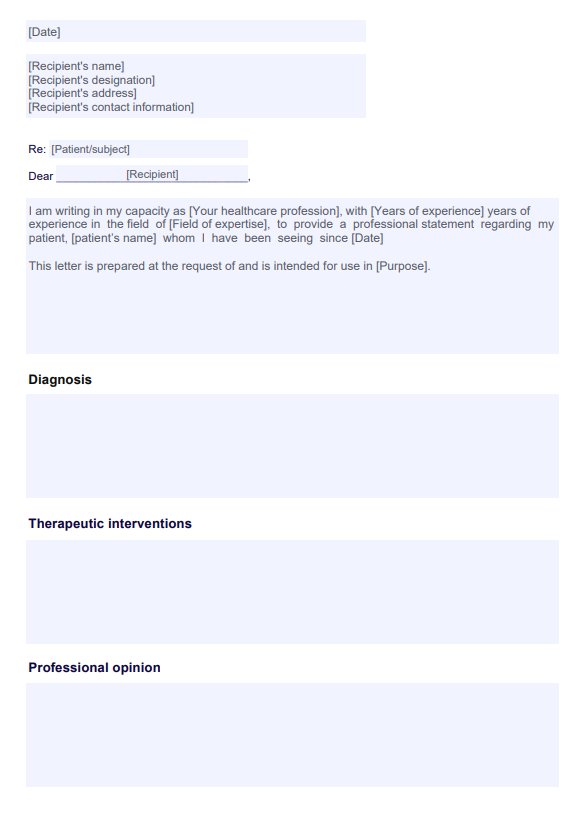
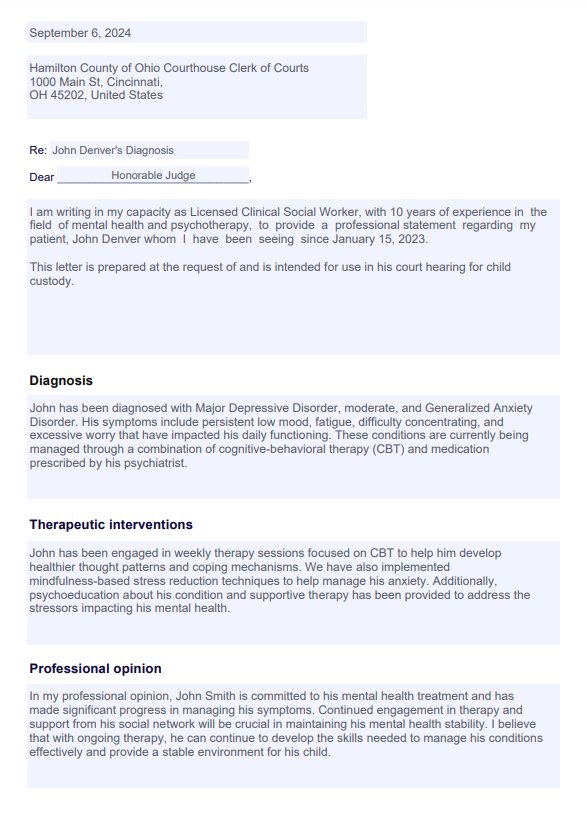

















-template.jpg)



















































































